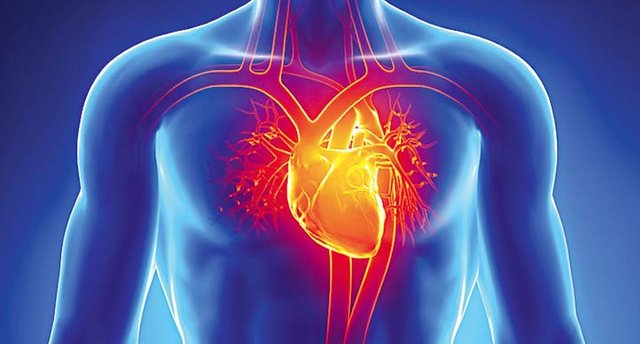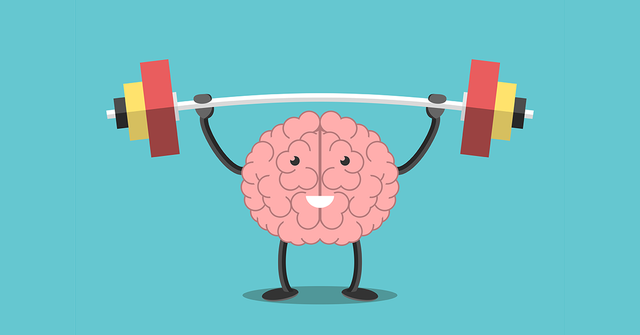Slim Down with Science: The Power of a Low-Carb Diet"
"Slim Down with Science: The Power of a Low-Carb Diet"

In today's world, there is an increasing awareness of the importance of maintaining a healthy weight. This has led to a proliferation of diets and weight loss programs, each with its own set of rules and recommendations. However, one diet that has been gaining popularity in recent years is the low-carb diet. This diet is based on the idea that reducing the amount of carbohydrates you consume can help you lose weight and improve your overall health. In this article, we will explore the science behind the low-carb diet and its potential benefits.
★ What is a Low-Carb Diet?
A low-carb diet is a type of diet that limits the amount of carbohydrates you consume. Carbohydrates are one of the three macronutrients that our bodies need for energy, the others being protein and fat. Carbohydrates are found in foods such as bread, pasta, rice, potatoes, and sugary drinks. When you consume carbohydrates, your body breaks them down into glucose, which is then used for energy or stored in the liver and muscles for later use.
A low-carb diet typically involves reducing your carbohydrate intake to less than 100 grams per day, and sometimes even as low as 20-50 grams per day. Instead of carbohydrates, the diet focuses on consuming protein and fat from sources such as meat, fish, eggs, nuts, and seeds.
ChackOut more artical for weight Loss : https://healthforlifes.quora.com/?ch=10&oid=3678440&share=396067ef&srid=hshQnz&target_type=tribe
★ The Science Behind the Low-Carb Diet..
When you consume carbohydrates, your body releases insulin, a hormone that helps regulate blood sugar levels. Insulin helps transport glucose from the bloodstream into the cells, where it is used for energy or stored for later use. However, consuming too many carbohydrates can lead to high levels of insulin in the blood, which can cause the body to store more fat.
On a low-carb diet, the amount of carbohydrates you consume is reduced, which can lead to lower insulin levels in the blood. This, in turn, can help the body burn fat for energy instead of storing it. Additionally, a low-carb diet can help reduce appetite and cravings, which can make it easier to stick to the diet and reduce calorie intake.
★ Benefits of a Low-Carb Diet..
Numerous studies have shown that a low-carb diet can be effective for weight loss and improving health markers. Here are some potential benefits of a low-carb diet:
- Weight Loss:

One of the main reasons people try a low-carb diet is for weight loss. Studies have shown that a low-carb diet can lead to greater weight loss than a low-fat diet, even when calories are controlled.
2.Improved Blood Sugar Control:

A low-carb diet can help improve blood sugar control, which is important for people with type 2 diabetes. Studies have shown that a low-carb diet can lead to lower blood sugar levels and reduce the need for diabetes medication.
- Reduced Risk of Heart Disease:

A low-carb diet can help improve heart health by reducing triglycerides, a type of fat found in the blood, and increasing HDL, or "good" cholesterol.
- Improved Mental Health:

A low-carb diet has been shown to improve mood and reduce symptoms of depression and anxiety in some people.
- Increased Energy:

Some people report feeling more energized on a low-carb diet, as the body is forced to use fat for energy instead of relying on carbohydrates.
ChackOut more artical for weight Loss : https://healthforlifes.quora.com/?ch=10&oid=3678440&share=396067ef&srid=hshQnz&target_type=tribe
Potential Risks of a Low-Carb Diet:
1. Increased Risk of Kidney Stones:
A high protein intake, which is common on a low-carb diet, can increase the risk of kidney stones in some people.
2. Digestive Issues:
A sudden increase in fat and protein intake can lead to digestive issues such as constipation, diarrhea, and nausea.
3. Restricted Food Choices:
A low-carb diet can be restrictive, making it difficult to follow in the long term. It can also be socially isolating, as it may be difficult to find suitable food options when dining out.
4. Difficulty with Physical Activity:
Carbohydrates are an important source of energy for physical activity. A low-carb diet may lead to reduced energy levels during exercise, which can make it more difficult to perform at optimal levels.
Conclusion,
A low-carb diet can be an effective way to lose weight and improve health markers, such as blood sugar control and heart health. However, it is important to be aware of the potential risks and to ensure that you are getting enough nutrients from other sources. As with any diet or lifestyle change, it is always a good idea to consult with a healthcare professional before starting a low-carb diet to ensure that it is appropriate for your individual needs and goals